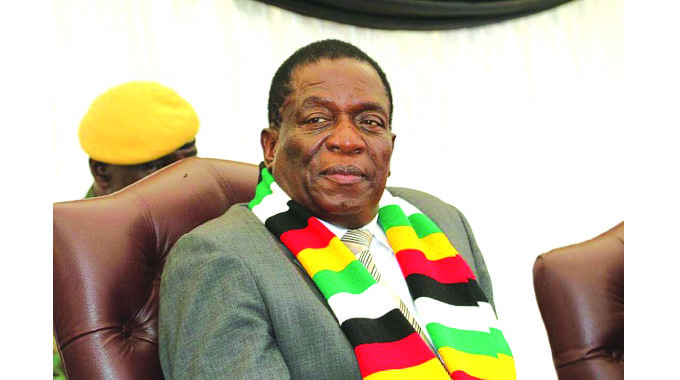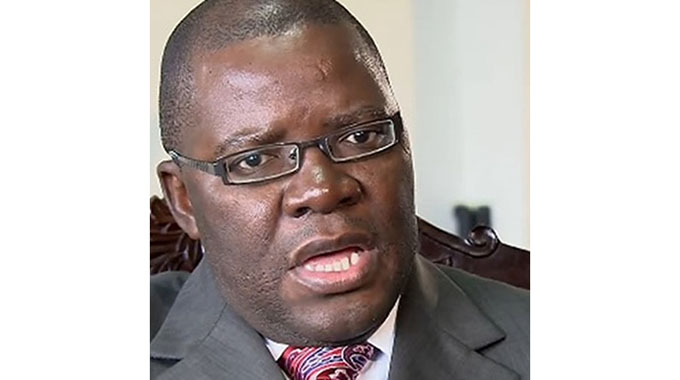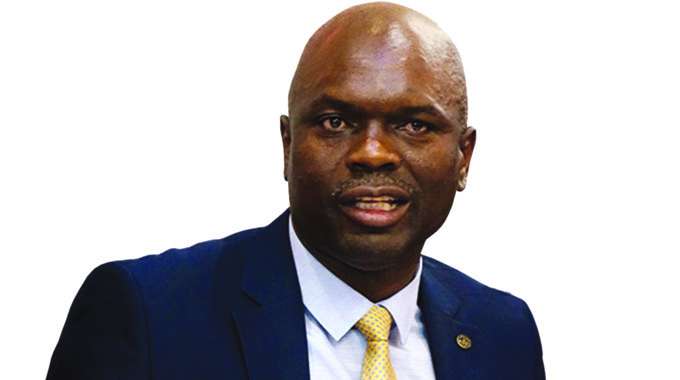Young people challenged to find local solutions

Mukudzei Chingwere Herald Reporter
Solutions for African problems must come from Africans themselves, and nowhere else, President Mnangagwa has reminded the young people of Africa.
Speaking during a high-level ministerial conference on the role of governments, regional economic communities, and regional mechanisms in promoting the youth, peace, and security agenda in Southern Africa on Thursday, the President noted that the conference put youths at the centre of peace and security in the region.
The five-day youth conference started in Harare on Monday and ended yesterday.
President Mnangagwa was represented by Minister of Foreign Affairs and International Trade, Ambassador Frederick Shava at the session.
“In Zimbabwe, we have a number of young champions of peace and it is my hope that some will be able participate at this conference where they will share their experiences and views, while also learning from their peers from across our borders,” said the President.
“In declaring this conference officially open, I wish to remind the young people of Africa that solutions for African problems shall come from nowhere else except from the Africans themselves, ‘Nyika inovakwa nevene vayo’. “I have gone through the objectives of this conference; they put you and the youth at the centre of peace and security in the region. It is your rightful place. Through this conference, Africa and our region in particular, affirms and commits to the role that our youth must play now in key and most pressing issues of our times.”
President Mnangagwa said the conference was an important initiative well recognised by the AU Peace and Security Council.
He said the conference consistently underlined the importance of robust and sustained synergies, coordination, partnerships and collaborations between all relevant stakeholders, including the AU and its member States, regional economic communities, regional mechanisms, UN and development partners to advance the Youth Peace and Security agenda and avoid duplication of efforts.
Over the past two decades, most of the countries in Southern Africa had been relatively peaceful and stable, though the region still faced challenges of infrequent armed insurgencies, and some forms of protracted conflict.
These conflicts, said President Mnangagwa, had negatively impacted the lives of people, especially young people who make up more than 60 percent of the Southern Africa population.
“We can no longer view our youth only within the prism of their potential in an unnamed future,” he said.
“Neither can our narratives on the young continue to be tainted by an impression that our young people are misguided.
“This narrative is false and as young people, you must reject it; our media must not popularise it and our leaders must never be persuaded to believe it.”
In his experience he had become known for his belief in the youths.
President Mnangagwa expected the conference to hear from youths how barriers that prevent their involvement in matters that affect them can be removed so that there is complete communal cohesion and harmony.
The youths agreed to strengthen the implementation of the AU continental framework on youth, peace and security, to strengthen youth engagement with decision makers.
Youths also jointly agreed to strengthen national youths’ councils, technology advancement, research and development as well as strengthening monitoring and evaluation.
Chair of the Comesa youth advisory panel Ms Angel Mbuthia called for the youth councils to be pro-active.
“In order to further build the leadership capacity for youth, we are asking that you also lobby other Heads of State to do the same to see to it that national youth councils are enacted through parliaments and are allocated subventions to run their activities on their own,” she said.
Zimbabwe has taken a step forward in this regard by retaining the totally voluntary National Youth Service training programme.











Comments